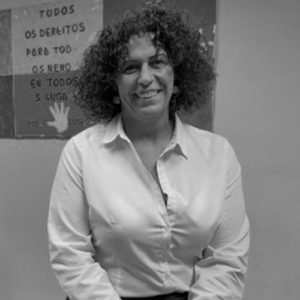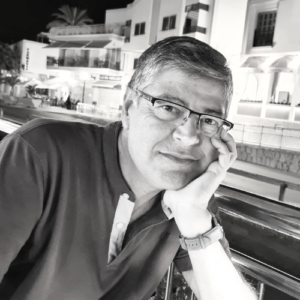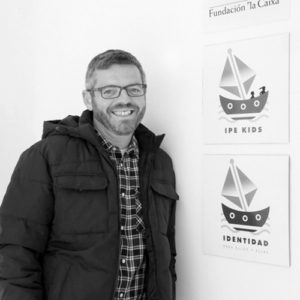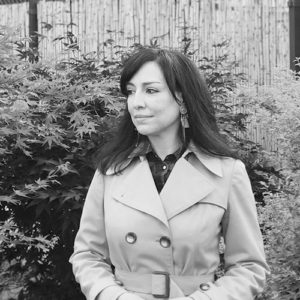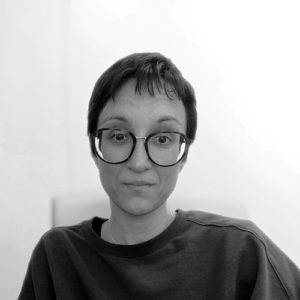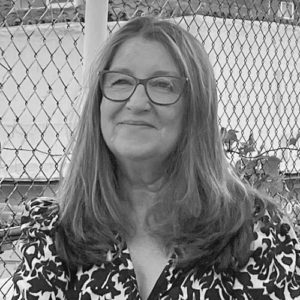UNED

Currículum vitae
Ángel De-Juanas is a Professor in the Department of Theory of Education and Social Pedagogy and Director of the International PhD School of UNED. He has been a Coordinator in the Official Master’s Degree in Educational Intervention in Social Contexts. He teaches at UNED in subjects of the Degree of Social Education, Master’s Degree of Secondary Teacher’s Training in the specialty of Physical Education and in the Master’s Degree of Educational Intervention in Social Contexts. He is the director of the Socio-educational Research Group of UNED. He has been Visiting Professor at the Institute of Education at the University of London in Thomas Coram Research Unit. He has published more than one hundred articles, books and book chapters on socio-educational intervention. He is the editor of Social Pedagogy Interuniversity Journal of SIPS.
Talk
“Leisure and socio-affective relationships – youth after the protection system”
The paths of young people after the protection system are determined by multiple risk factors which hinder their social inclusion. This problem escalates at their legal age when administrative protection ceases. The absence of a heterogeneous and solid social support network, social isolation, lack of initiative in the management of free time and difficulty in the development of stable socio-affective relationships are, among others, factors that hinder their inclusion in normalized environments that are often not prepared to meet the specific needs of this group. Faced with this situation, inclusive leisure alternatives can open scenarios where these young people can create a social network away from their path in the protection system, strengthening their ability to establish solid socio-affective relationships. This talk presents the main characteristics of a valuable leisure for the group of youngsters after leaving the protection system, what elements can serve as protection in their transition to adult life, as well as showing those proposals, and socio-educational and leisure-related interventions that promote the social inclusion of this group as a result of some qualitative research carried out with them and with professionals of the socio-educational intervention. After that, proposals and experiences emerge that evidence socio-educational interventions from leisure as facilitators of their social inclusion.



